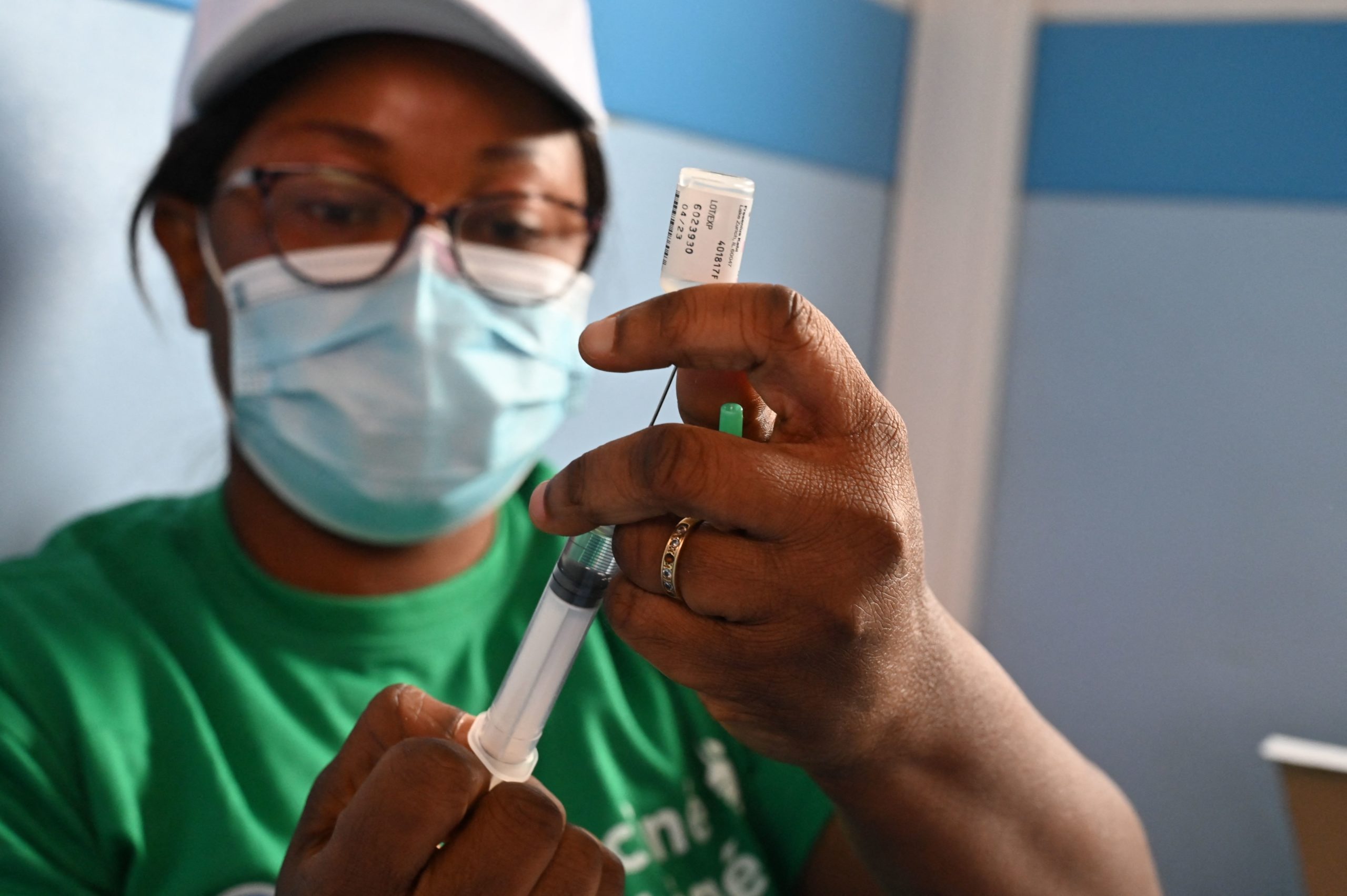TOPLINE People infected with Covid-19 face a much greater risk of developing dangerous blood clots than people receiving a Pfizer or AstraZeneca coronavirus vaccine, according to a large study published in the British Medical Journal Friday, underscoring the benefits of vaccination even if they pose limited risks of adverse events.
KEY FACTS
Using data from some 29 million people in the U.K., the researchers found a higher risk of stroke after the Pfizer shot and a higher risk of rare blood clotting after the AstraZeneca shot but found the risks are “substantially higher and more prolonged” after a Covid-19 infection.
For every 10 million people receiving their first Pfizer shot, the data showed there would be 143 more cases of ischaemic stroke, compared to around 1,699 for 10 million people after infection.
There would be around 107 additional cases of thrombocytopenia—a form of rare blood clotting—and 66 cases of venous blood clots for every 10 million having their first AstraZeneca shot, according to the data, versus around 934 and 12,614 extra cases respectively for the same number of people after a Covid-19 infection.
The risks associated with the Covid-19 vaccines are also relatively short-lived, the researchers found, while the risks from a coronavirus infection are more prolonged.
Though the vaccines can increase the likelihood of developing blood clots, the researchers said their findings underscore the importance of getting vaccinated to reduce this risk, given the higher risks with Covid-19.
CRUCIAL QUOTE
Dr. Peter English, a retired communicable disease specialist and the former chair of the BMA’s public health medicine committee, said: “This is a very important paper…[which] shows clearly that you are far more likely to suffer these adverse events (which are very rare following vaccination) if you get Covid-19.” English said the “final remaining calculation to be made” is whether different vaccines pose different risks. The rarity of the adverse events does, however, make this difficult to calculate precisely, he added.
KEY BACKGROUND
A raft of countries and regulators halted AstraZeneca vaccine rollouts in early March as a precautionary measure following reports of very rare blood clotting. A rare link was found between shots and clots, and while regulators and public health experts overwhelmingly declared the shot safe and better than contracting Covid-19, it was shunned by both wealthy nations who could afford alternatives and poorer nations who didn’t have any vaccines to begin with. Evidence indicates the risk is only elevated for the first shot, though some nations opted to provide different vaccines for those part way through the immunization schedule.
FURTHER READING
How AstraZeneca threw away its shot (Politico)
By Robert Hart, Forbes Staff
